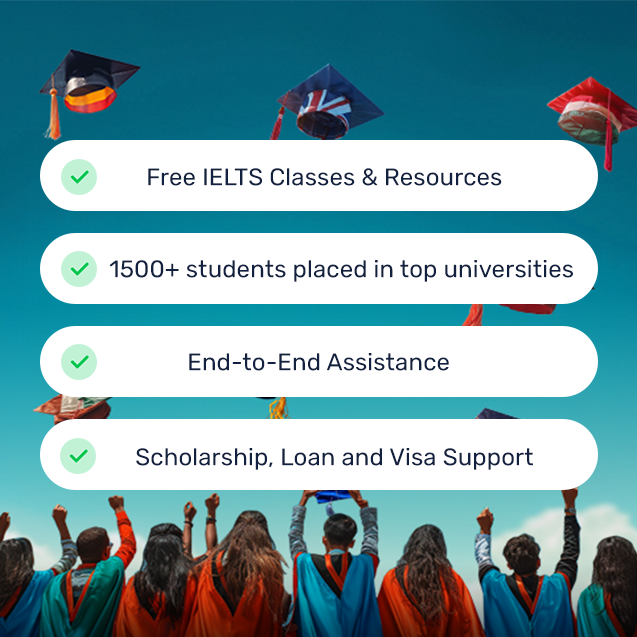Work Permits
Experience Visa Consulting Firm
RAMSONS OVERSEAS diverse management team brings extensive experience in the International Visas & Education Industry. This wealth of experience, combined with our customer-centric approach, consistently delivers exceptional levels of customer satisfaction.
We collaborate with foreign institutions and cater to specific requirements of Indian students to ensure a perfect fit.
Legal Immigration Success

Comprehensive Document
Support
Our dedicated team offers thorough support for all your documentation needs, ensuring accuracy and compliance.

Family Ties & Visa
Process
We provide expert guidance on family ties and the visa process, helping you navigate through the complexities with ease.

Free Online
Assessment
Take advantage of our free online assessment to evaluate your eligibility and start your journey with confidence.
Why Choose Us
Reasons to Choose Our Consultancy
As one of the leading educational consultancies in southern India, we are highly esteemed by students, parents, and universities alike.
 Quick & Easy Process
Quick & Easy Process
We simplify the entire process, ensuring a smooth and hassle-free experience for our clients.
 99% Visa Approvals
99% Visa Approvals
Our proven track record of success includes a 99% visa approval rate, making us a trusted choice for your educational journey.

3 Simple Steps to Obtain Your Visa

Complete Online
Registration
Register online quickly and easily to get started on your visa application process.

Submit Documents
and Payments
Provide the necessary documents and make the required payments to proceed smoothly.



